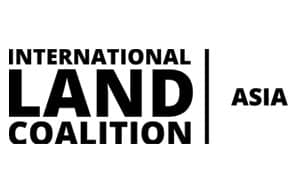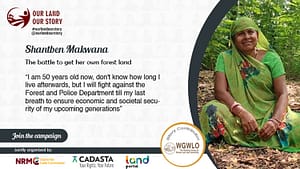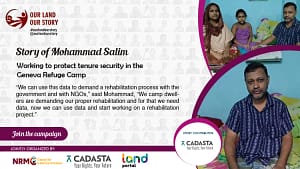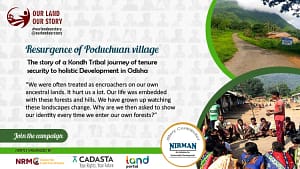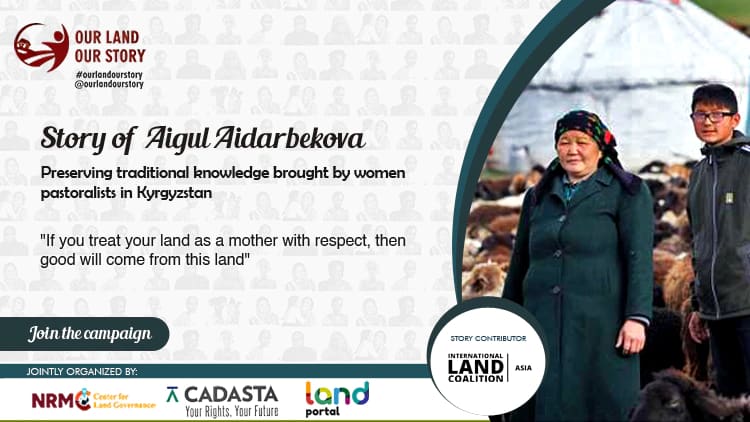
Story of Aigul Aidarbekova - Preserving the traditional knowledge brought in by women pastoralists in Kyrgyzstan
“If you treat your land as a mother with respect, then good will come from this land,” says Aigul Aidarbekova, a woman pastoralist.
Aigul Aidarbekova is a wife, mother, and herder living in the village of Cholpon, in Naryn, Kyrgyzstan. As a person who is juggling numerous roles, she starts her day at 5 a.m. She cooks, brings out the cattle for grazing, and milks their cows and mares.
Aigul grew up in a family of herders and learned from her parents everything that she practices today. Even though she trained to be a philologist in 1992, she along with her husband, had to quit their jobs after the collapse of the Soviet Union and return to the farm to become herders.
In the view of nomads in Kyrgyzstan, the women are the custodians of the land. Even though women do not always have equal decision-making power as men, they remain the key to practicing sustainable pasture management.
Kyrgyz families, who work as herders, often rely on the women’s traditional knowledge of land and ecosystem preservation.
All year-round, except for the season when they need to go out on pastures, Aigul sows potatoes, grain, and other crops; sells cheese and milk to feed her family, contributing at least 50% of the household income. Since her husband is one of the leaders of a herding community, Aigul sometimes participates in meetings and holds various meetings with the women.
She received, from her mother, unique knowledge and methods of sustainable pasture management. One of the things she remembered well being told about by her mother was the traditional method of valuing land called Zhurt chalu, which used to be practiced by herding communities before moving from one pasture to another. This method requires sending either a woman or a man on horseback to scope the grass, soil, and water availability. If everything is good, the herders are then allowed to move.
Aigul also sorts waste because she believes that the land should not be desecrated with residues that it cannot digest. She reveals that the water drained from processing cheese should not be poured into the ground as it contains alkalies and will harm the soil.
Like many herders in the area, Aigul has a knack for handicraft and wool manufacturing. She refrains from using chemicals when dyeing wool since there is nowhere to toss the waste. Instead, Aigul uses natural dyes such as onion husks for yellow tint, rhubarb for red, and leaves for green.
Aigul believes that, if you treat your land as a mother in terms of respect, then good will come from this land. She hopes that more and more women will continue to be the backbone of the Naryns’ herding communities and pass on the traditional knowledge they have inherited to future generations.
Story Contributor:


